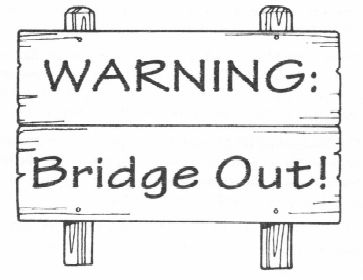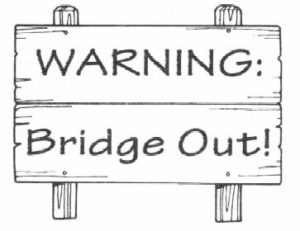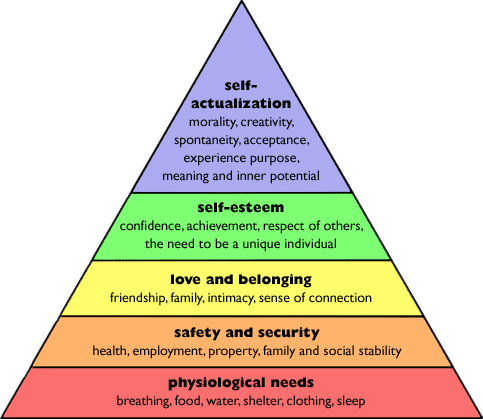
 These days, the average person can spend a minimum amount of time in a classroom and recognize the effects that poverty has on children. Education reformers like to claim that accepting this fact is the same as saying that poor children can’t learn. Of course, poor children can learn. All children can learn and these claims are an injustice to the people who teach children who live in poverty.
These days, the average person can spend a minimum amount of time in a classroom and recognize the effects that poverty has on children. Education reformers like to claim that accepting this fact is the same as saying that poor children can’t learn. Of course, poor children can learn. All children can learn and these claims are an injustice to the people who teach children who live in poverty.
Ed reform’s unwillingness to accept this is further illustrated in the “teacher prep” programs that are being promoted to fill the teaching positions that have been vacated because of their invalid policies. These programs have omitted even introductory level courses related to child psychology, theory of learning and cognitive development. I suppose the idea is that by not educating future teachers on these topics, they can essentially remove the claims that poverty affects a child’s performance in the classroom. They completely discount a century of research that serves as the foundation of education.

It is an undeniable fact that children living in poverty experience barriers to learning. The inability to drive your car across a river without a bridge doesn’t mean that you are unable to drive a car anymore than being poor means that you cannot learn. It simply means you need a bridge.
In 1943, psychologist Abraham Maslow published “A Theory of Human Motivation” which included his revolutionary “Hierarchy of Needs.” From the lowest level to the highest, the hierarchy is as follows.
- Physiological Needs: These include food, water, clothing, sleep, etc. This covers all of the basic physical needs for normal human function.
- Safety Needs: This includes protection from danger, health and well being, financial security and a safety net for personal setbacks.
- Love/Belonging: Things such as a stable family life, a circle of friends, developing last relationship, etc.
- Esteem: This is the general feeling of being respected. Developing a hobby and the feeling that your efforts make a contribution.
- Self-Actualization: Recognizing one’s abilities and developing them to their fullest potential.
Maslow asserts that once the five levels of needs are filled, human beings become contributors to a functional society. In addition, he states that the fourth and fifth levels cannot be filled if the first, second and third have not.
If you have ever taught in a classroom, then you are aware that children who live in poverty don’t often have their first, second and third levels met. These are the barriers to learning. These are the bridges.
I want to take a moment to bring to light some of the good work that is being done to provide bridges for these children. These programs have been developed in their communities by people who understand the barriers that poor children face. Please use the links to visit these programs, and if you have the resources to support them, please do so.
Dewanna’s Closet: A surprising number of students in Southwest Louisiana lack essential resources necessary to succeed. DeWanna’s Community Closet knows that teachers have the unique ability to identify these students and are now providing them the opportunity to meet these needs. Calcasieu Parish educators can come to DeWanna’s Community Closet and acquire school uniforms, belts, jackets, underwear, socks, shoes, backpacks and school supplies. These gifts are free of charge and are available at J.D. Clifton Elementary School, 100 N. Prater Road in Lake Charles, every Thursday from 10:00AM-1:00PM. If you would like to make a donation to help us better serve these students in need, please contact DeWanna Tarver at dewannascloset@gmail.com
The Lighthouse: Volunteers of America North Louisiana is a locally-governed and locally-managed affiliate of one of the nation’s oldest, largest and most diversified faith-based charities. Our national organization has 120 years of experience and service with a mission to “reach and uplift” the American people. Today, we touch the lives of thousands in need, including children and families, people with disabilities, senior adults and veterans.
Friendship Houses: A Community Renewal Friendship House is a beacon of hope in low-income, high-crime neighborhoods. Like a community center in a home, a Friendship House is a place for after-school education programs, character building, service projects, GED courses, tutoring, computer training, art and music lessons, family nights and much more.
Bridge Ministry: Bridge Ministry of Acadiana, Inc. is a Christian based non-profit 501(c)3 organization with a vision to empower lives through Spiritual Transformation, Education, and Neighborhood Revitalization. We are a neighborhood outreach ministry located in the ‘Four Corners’ area of Lafayette Louisiana. For more on this organization and its founder, visit my previous blog, If You Don’t Know John Newman, You Should.

